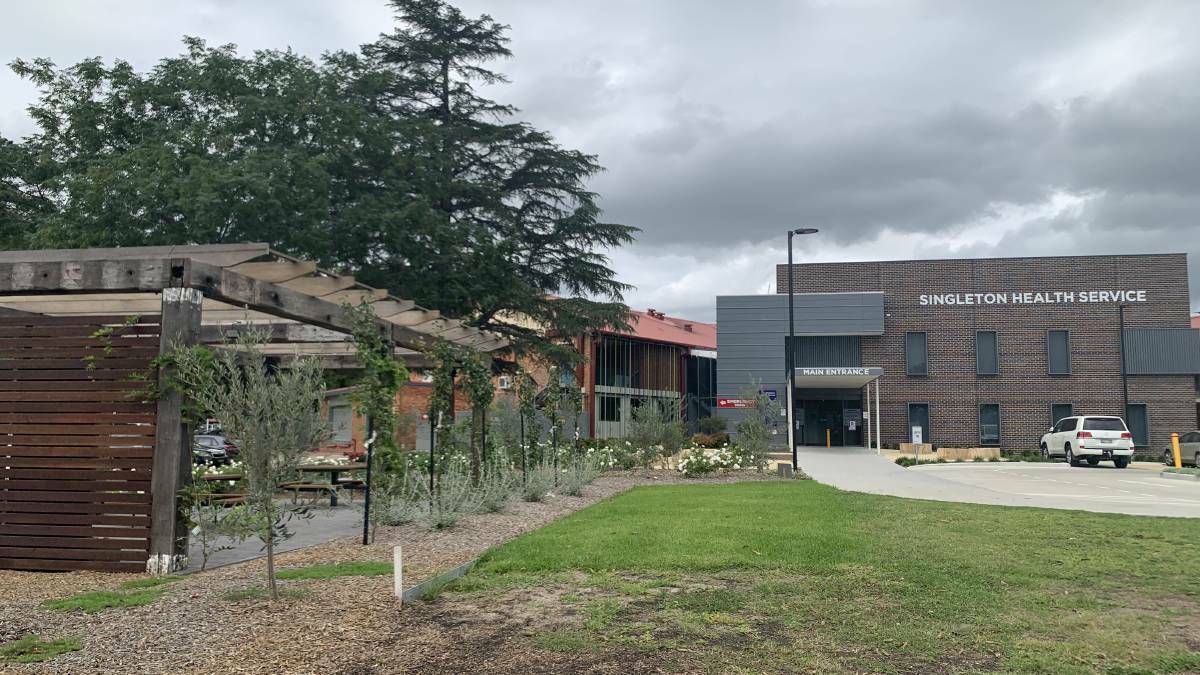At least four local general practitioners (GPs) have resigned from Singleton Hospital.
Subscribe now for unlimited access.
$0/
(min cost $0)
or signup to continue reading
This comes at a time when the crisis facing rural and regional health services is the focus of a state parliamentary inquiry established in September 2020 to report on health outcomes and access to health and hospital services in rural, regional and remote NSW.

Singleton, an hours drive from Newcastle, would hardly be considered a 'remote' or an isolated location, yet if this centre cannot maintain its existing staff, the question must be asked, how would others further inland attract and retain GPs?
One of the GPs to resign is Bob Vickers, who told the Singleton Argus, his decision to leave the hospital was due to unsafe work practices.
"Working long hours on-call in the emergency department has left us burnt-out and when we point these issues out with management it falls on deaf ears," he said.
"We are operating under conditions established 20 years ago and the situation needs to change across the state if you want to retain services in rural and regional hospitals."
He cited one of the big changes at Singleton was the increase in presentations at ED from residents from Huntlee - a large housing development near Branxton.
"No planning has taken place to handle this increase, and that's a major issue for the doctors servicing Singleton Hospital," he said.
On how best to overcome the problem he suggested NSW Health should look across the border to Queensland who have adopted a salary model to staff their hospitals.
"Why not see what's working and Queensland has staff in their EDs and they also have adequate funding to ensure doctors are available. They are not using the out-of-date work practices of the type we are currently using in NSW, " he said.
News of the resignations also comes in the midst of a critical by-election for the seat of Upper Hunter with the NSW Coalition's majority on the line should they fail to hold the seat at the May 22 election.
Health services across the electorate are one of the major issues in the campaign as candidates hoping to wrest the seat from The Nationals suggest not enough of the mining royalties have been spent locally, especially in the area of health infrastructure and services.
With $1 billion in royalties being produced each year in the Upper Hunter the question is where are our world class health facilities says Greens candidate Sue Abbott and Independent Kirsty O'Connell.
Mrs Abbott has had a long professional involvement with rural and remote health services having worked in various capacities in the sector including with the NSW Rural Doctors Network.
She was critical of a campaign that talked only about coal when the electorate was faced with a health disaster adding the biggest employer in the Upper Hunter was health services.
"Doctors are resigning due to a lack of support and services - workplace practices that planning and adequate funding could resolve" she said.
"This at a time when the Upper Hunter is suppose to be enjoying the riches from the mining sector.
"We need the best services in this region and what do be get from the government - mass resignations of GPs because all they care about is coal."
Mrs O'Connell said given we live with all the impacts of mining including the health impacts surely the least the NSW Government could do is adequately resource our hard working health care employees.
She added that the $1b in mining royalties should be used to provide the community of the Upper Hunter with a gold standard health service.
In response Hunter New England Local Health District's Susan Heyman, Executive Director - Rural and Regional Health Services said I would like to assure the community that Singleton Hospital continues to have medical coverage.
There are currently nine GPs actively participating in the on-call roster at Singleton Hospital, and we are grateful for their continued dedication. We are investigating options with locum agencies to better support those GPs who continue to provide their services to the hospital, she said.
"Recruiting doctors and nursing staff to regional areas is a challenge faced not only by Hunter New England Health, but all of Australia. The Commonwealth Department of Health is responsible for the provision of general practice services in the community," she said.
"The District recognises healthcare is a whole of system responsibility and will continue to work closely with the Commonwealth to attract, guide and support GPs working in rural and regional communities. Between mid-2012 and mid-2020 the Hunter New England Local Health District increased its workforce by an additional 1,237 full time equivalent staff - an increase of 11.8% including 336 more doctors, 668 more nurses and midwives, and 146 more allied health staff."


